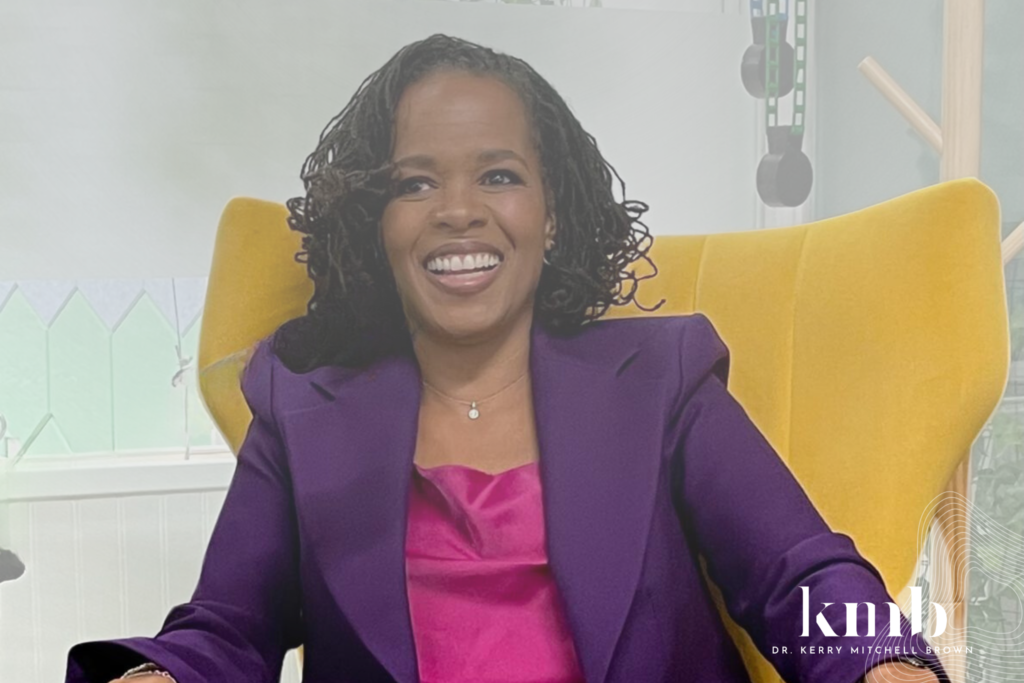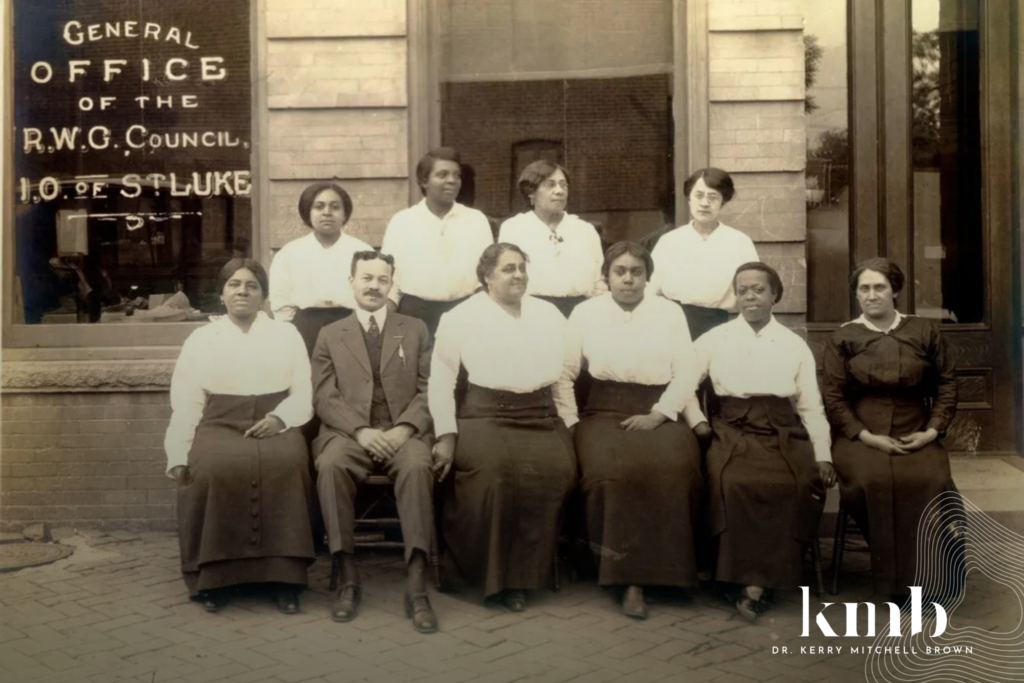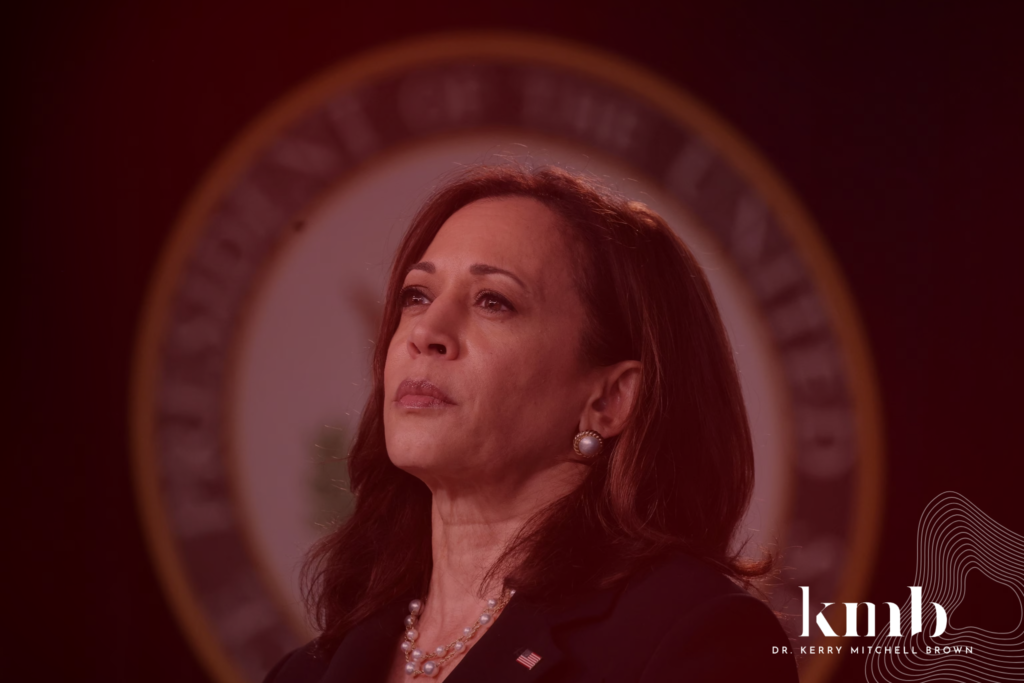Ambition Unbound: Honoring the Humanity of Black Women Leaders
Explore how Black women leaders can reclaim ambition while navigating challenges at the intersection of race and gender. Discover strategies for thriving in leadership.
Ambition Unbound: Honoring the Humanity of Black Women Leaders Read More »






